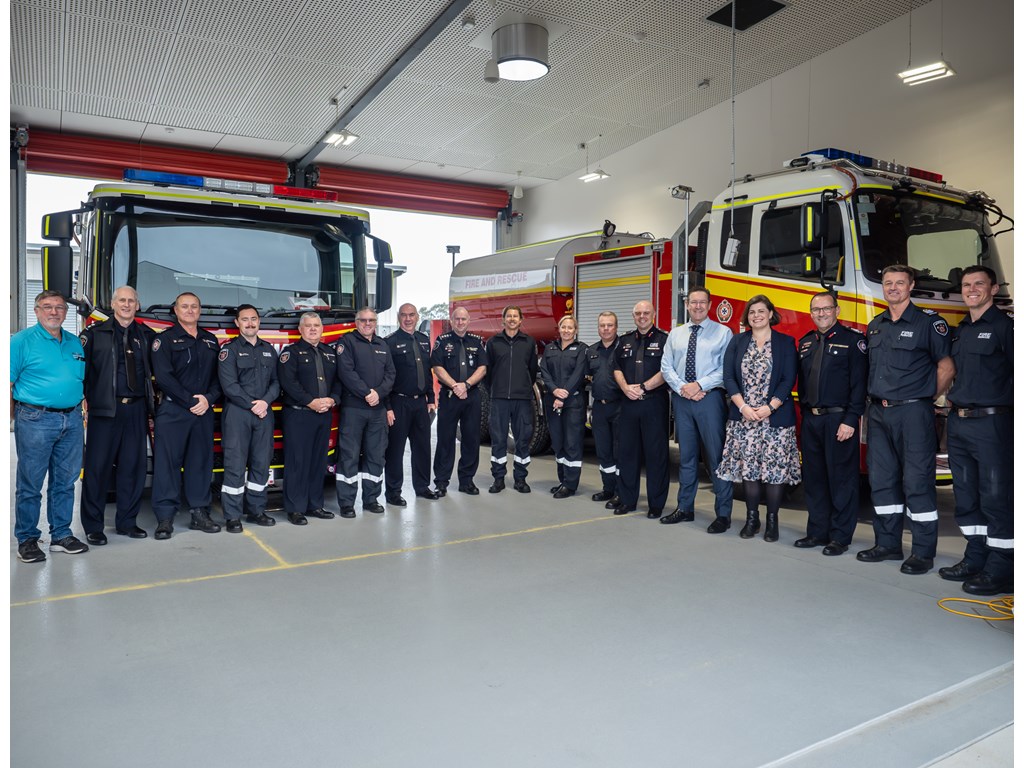Te Whare Wānanga o Waitaha | University of Canterbury researchers Distinguished Professor Geoff Chase and Dr Lui Holder-Pearson are building technology to save lives, time and money.
The research focuses on two of the most intricate and costly elements of the ICU, ventilation and sedation.
Using digital twins, meshed with a digital cockpit, a patient’s own unique information such as the amount of sedating medication needed, pressure and flow to the lungs can be used to personalise and improve their care leading to better outcomes, which isn’t possible with current technology.
Using this data to optimise mechanical ventilation is key to saving lives and reducing cost.
“The sooner you can get a patient off a ventilator, the better their chances of survival,” Distinguished Professor Chase says.
“When a person requires ventilation, the cost of each day in the ICU doubles. Not only does a reduction of time on a ventilator lead to better outcomes for patients, but annually for New Zealand this would equate to a $17 million potential saving for just a single day reduction.”
“In ventilation, lung stiffness is crucial; the stiffer the lung, the less responsive it is to pressure. Applying more pressure can help some unhealthy parts recover but may damage healthy areas.
However, the teams research would alleviate this difficulty. “We use models to assess this balance, evaluating every breath per minute. This allows us to predict whether more pressure, volume, or oxygen will help the patient gain lung volume without causing damage.”
For patients to receive the 24/7 level of care they require, a current staff to patient ratio of approximately 6:1 is needed in Aotearoa ICUs. Comparatively in Hungary or Belgium it is 2 and 5, respectively, due to rising costs and rising demand for care. Digital technologies can help us achieve the added productivity required and help support nurses and doctors in their roles.
This innovation will not only benefit New Zealand, but also has the potential to impact global healthcare systems, especially in the US and EU markets, research partner Dr Holder-Pearson says. “The global medical device industry is expected to reach $750 billion by 2030, so these innovations position New Zealand at the forefront of a rapidly growing market.
“Our research aims to address the outdated integration of hardware and software in medical devices, paving the way for a new era of high-value, software-based medical devices and services.”








